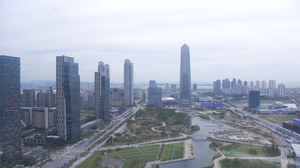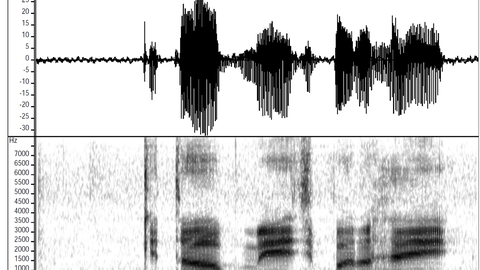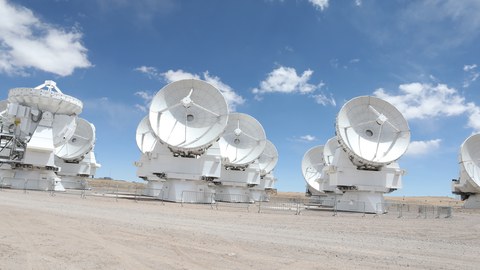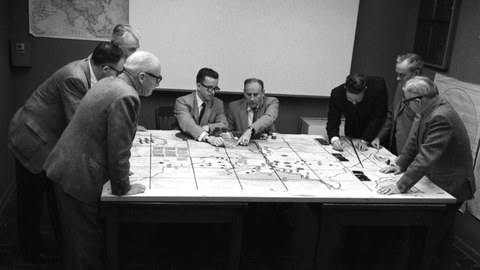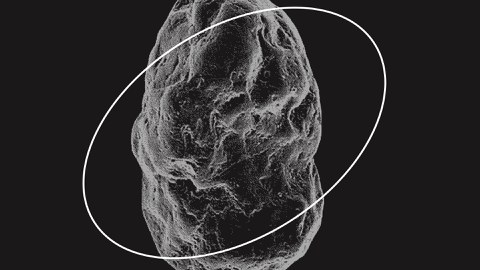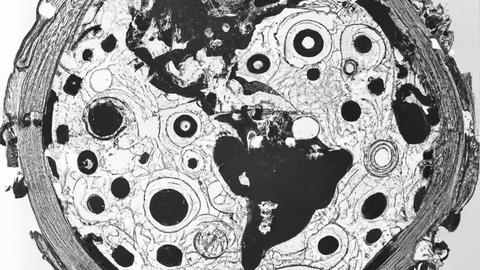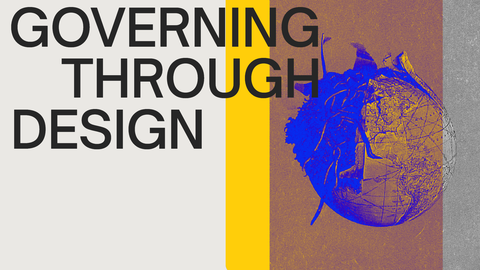Research Focus
History of Science | Media Studies | Science and Technology Studies | Anthropology | Digital Humanities | Environmental Humanities | Cultural Studies | Design Studies | Political Science | Black Studies | Black Feminist Theory & Methods | Cultural History | Critical Pedagogy & Practice | Media Ethnography | Gender & Sexuality Studies | Critical Migration and Border Studies | Critical Data Studies | Queer & Trans Theory | Sound Studies
 © generated with DALL·E
© generated with DALL·E
Research Profile
Our group has three main loci of study that are inseparable and form our modes of inquiry: 1) Intelligence, Big Data, and Digital Infrastructures 2) Planetary Design and Postnatural Landscapes, and 3) Governmentality and Epistemologies of Power. These three clusters are unified through an investment in using humanistic inquiry to denaturalize the present and to inform the future of how we envision and critique digital technologies; fostering new methods and practices at the intersection of the humanities, science and the arts. We employ situated and multimodal methods to contend with and represent the new speeds and scales of socio-technical change in the present. Lastly, we revisit, rethink and recompose these clusters as they are always already overlapping and critically reflect on the temporal structures of the ways in which they have been historically situated and discussed.
Intelligence, Big Data, and Digital Infrastructures
Sharing an interest in (re)formulating the histories and conceptual frameworks of media and technology, we recognize that media are comprised of networks, epistemologies, materials, and techniques. We investigate how different actors, groups, and environments shape digital cultures and networks. Looking at how digital infrastructures, big data, and computation are used for the governance of migration, borders, sexualities and populations we engage research to challenge concurrent forms of discrimination. We ask: how do digital infrastructures become situated and framed as smart or intelligent? Moreover, we re-imagine how we understand the terms “intelligence“ and “artificiality“ and interrogate the politics of decision making, evolution, competition, fitness, and adaptation that shape contemporary design decisions in digital systems.
Planetary Design and Postnatural Landscapes
As we face the devastating realities of climate change and environmental damage induced through human action, how can our scholarship impact the way we build and design large scale technical systems in the future? What is the role of design in materializing more equitable futures? Our group approaches media and infrastructures through a focus on environments and habitats and explores new imperatives in design and planning, such as renaturation and resilience, their sociomaterial implications and the way they reformulate concepts of nature and culture. Being located in the heart of the region where most of Germany’s renewable energy development is clustered, we have a unique position to research social and environmental change in situ.
Governmentality and Epistemologies of Power
We interrogate and reimagine sites and histories of oppression and liberation that have often been made invisible or deemed to be unfitting for History capital H. In that regard, we are especially interested in showing on the one hand how histories and movements of black radical imaginations and/or queer and/or trans and/or feminist theory have always been part of how we make sense of the media and technological infrastructures that also shape the political. On the other hand, we are eager to understand how technological infrastructures, built environments, and political economy are fundamentally structured through modes of hegemonic power. Questions we are pursuing are: how are power structures (historically) produced and perpetuated? In what ways have modes of power registered through media and technology and continue to do so? And in what way have emancipatory modalities also been achieved through media and technology? Which (new) modes of governmentality are emerging through digital media technologies, and infrastructures? Which forms of justice can be articulated and enacted in our planetary present?

